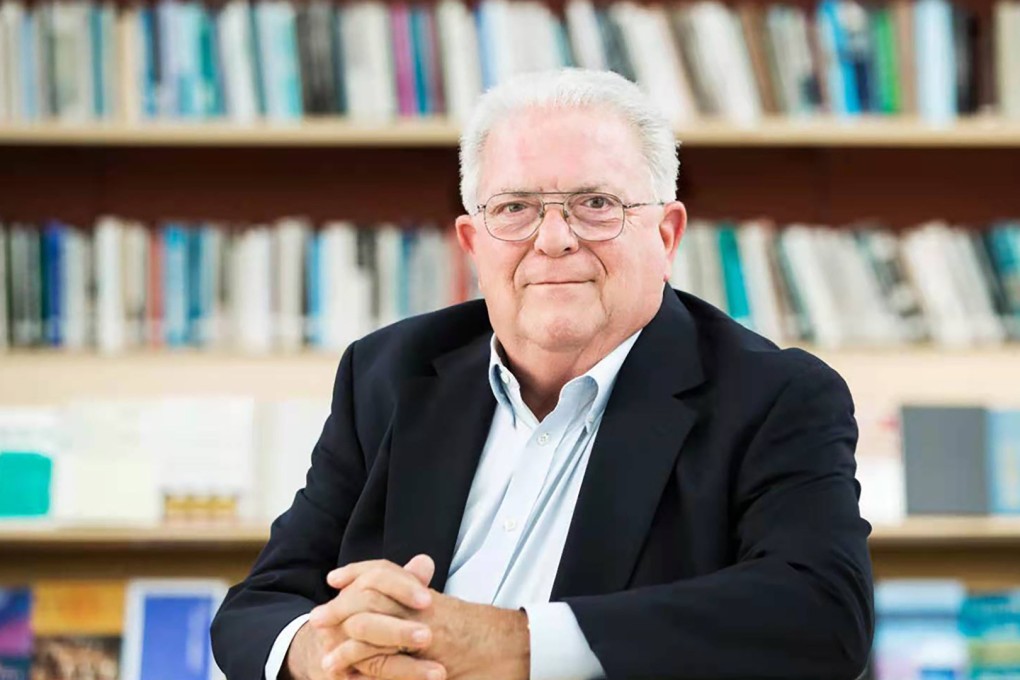Next US election may prove most dangerous time for Taiwan, warns veteran US diplomat Chas Freeman
- Richard Nixon’s former interpreter tells an online magazine that a disputed result may prove a ‘tempting time’ to exploit US weakness
- He also says Beijing may view the election of a supporter of Taiwan’s independence as something it must respond to

The years of 2024 and 2025 might prove the most dangerous time for Taiwan if a new US president who supports the island’s independence is elected or there is another attempt to challenge the election result, according to the veteran American diplomat Chas Freeman.
He warned that if the transition proved chaotic, or if there was another attempt to challenge the result similar to Donald Trump’s efforts that prompted the attack on the Capitol in January last year, that might provide a “tempting” moment for anyone – and not just China – to challenge the US.
“The question would be for the Chinese … if they conclude that they cannot work with the incoming administration – that the die is cast, and it is committed to policies of confrontation with them over the Taiwan issue,” Freeman told the Hong Kong-based online magazine.
He said that the uncertainties would put “terrible pressure” on Beijing to accelerate plans to attack Taiwan even though he said the Chinese people are “risk averse” and “don’t want a war”.